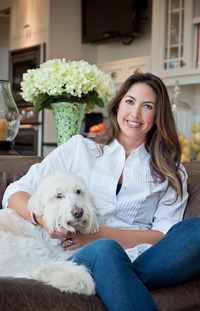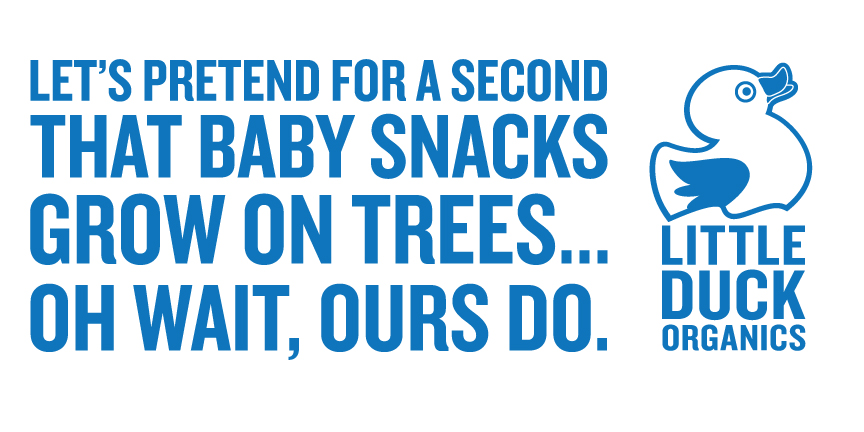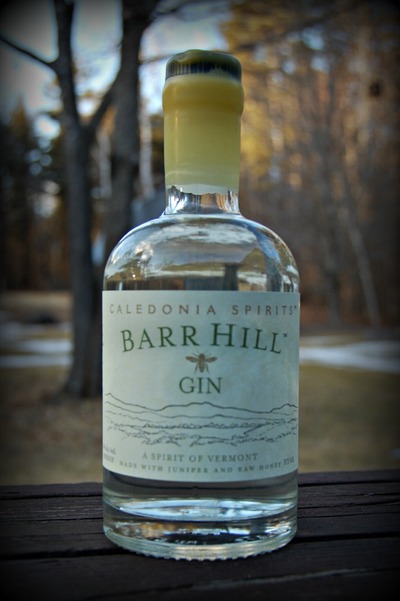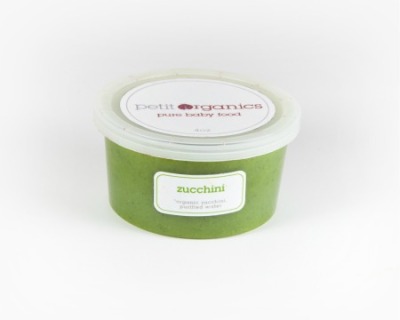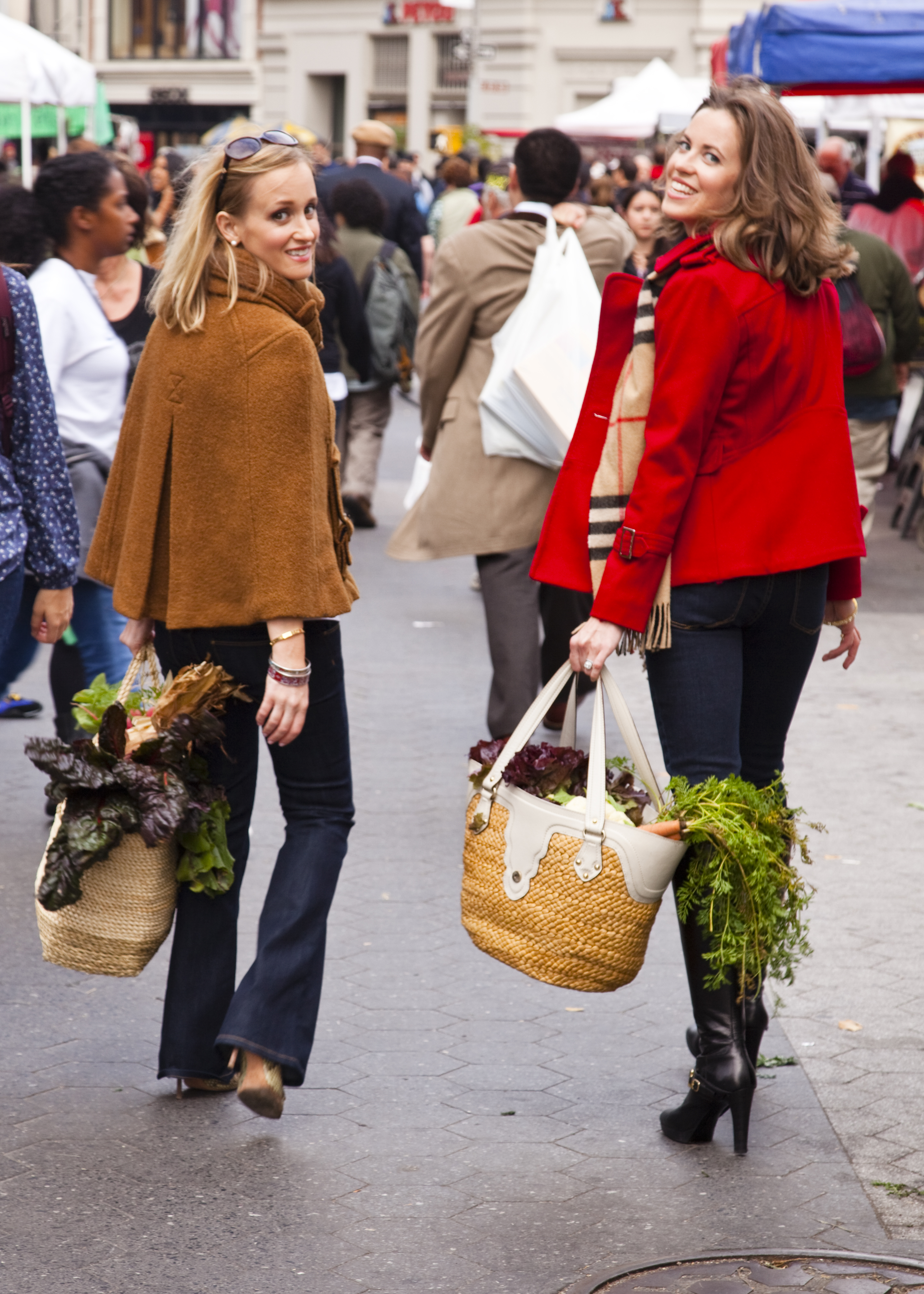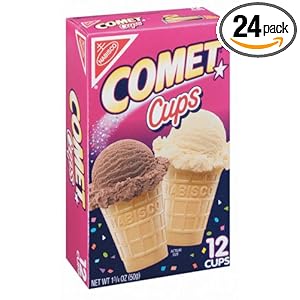 I recently had the pleasure to tour the King Arthur Flour mothership, in Norwich, Vermont. This wonderful place is just a few miles from my home, but though I write professionally about food it had never occurred to me to knock on their door and ask for a tour.
I recently had the pleasure to tour the King Arthur Flour mothership, in Norwich, Vermont. This wonderful place is just a few miles from my home, but though I write professionally about food it had never occurred to me to knock on their door and ask for a tour.
Enter Erika Penzer Kerekes, food blogger from Southern California. Not only does Erika write the scrumptious blog In Erika's Kitchen, but she is the warmest, most curious, ebulliant person I have met in months. It was Erika, on her annual trek through Vermont foodie sites, who had the good sense to call the PR people at King Arthur and ask for a tour.
I was more than happy to tag along. And now I wish they'd adopt me. Where else would you be asked to please eat a brownie, because it's research?

King Arthur Flour makes the sort of high quality products that serious bakers request by name. I can't call myself a serious baker (perhaps because I can't call myself serious) but I'm partial to several of their products. Their 100% Organic All Purpose Flour, their Whole Wheat Pastry Flour and their White Whole Wheat Flour are always in my kitchen.
The King Arthur mothership in Norwich, Vermont is many things to many people: a kick-ass bakery and coffee shop, a vendor of sandwiches and sweets, a world class baking education center and a catalog company for baking ingredients and gear. That special salt just the right grain for dusting hot pretzels? They have it. Lemon Juice Powder to make your lemon bars sing? Check. Professional dough rising buckets, tart pans, square ramekins? Check, check, check.
Our tour guide, the wonderful Terri Rosenstock, public relations coordinator, recently moved from 1000 miles away to take the job at King Arthur, and it's not hard to understand why. What other workplace wants you to test brownies, and then brings pilates classes right into the company HQ in order to keep employees fit?
King Arthur is absolutely unique in that respect, and in so many others. I'm proud to live within waddling distance from their headquarters.
(P.S. This post was not compensated in any way, even if it sounds as though it was. I'm smitten. Can you tell?)
 April 1
April 1 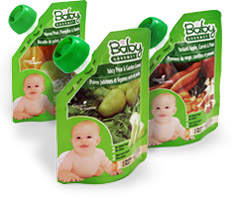 Vos became the VP of Product Development. There are now three different textures of Baby Gourmet for three different stages. For the youngest babies, there are simple purees such as “Juicy Pear and Garden Greens.” The oldest babies get Tasty Textures, including “Vanilla Banana Berry Risotto.”
Vos became the VP of Product Development. There are now three different textures of Baby Gourmet for three different stages. For the youngest babies, there are simple purees such as “Juicy Pear and Garden Greens.” The oldest babies get Tasty Textures, including “Vanilla Banana Berry Risotto.”
